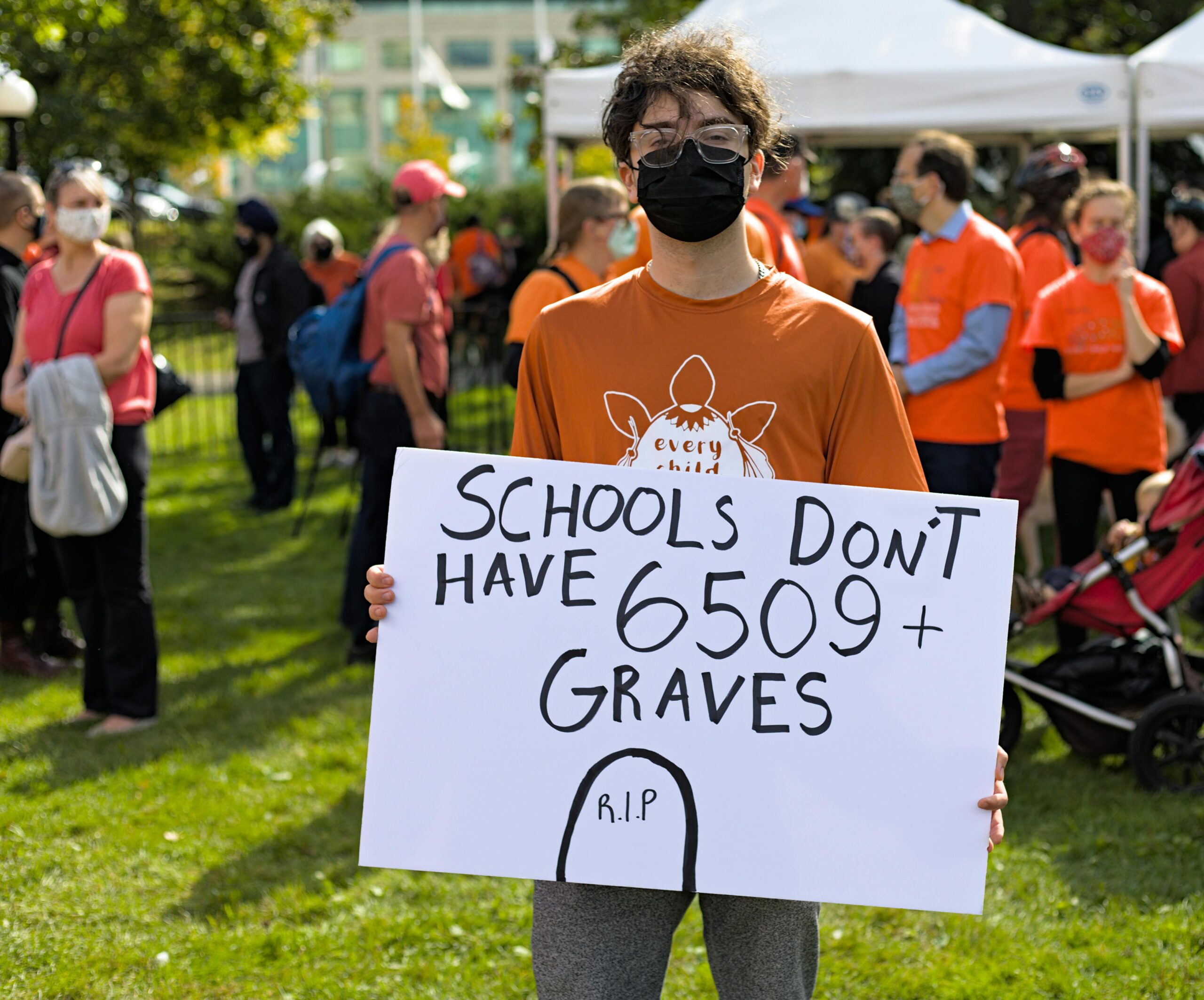Social Justice could be a concept that encapsulates the standards of reasonableness, value, and correspondence in society. It envelops the interest of a fair and comprehensive world where all people have access to openings, assets, and rights notwithstanding their background or personality. In this article, we are going investigate the meaning of Social Justice, its key standards, challenges, and the part of promotion in progressing social justice initiatives.
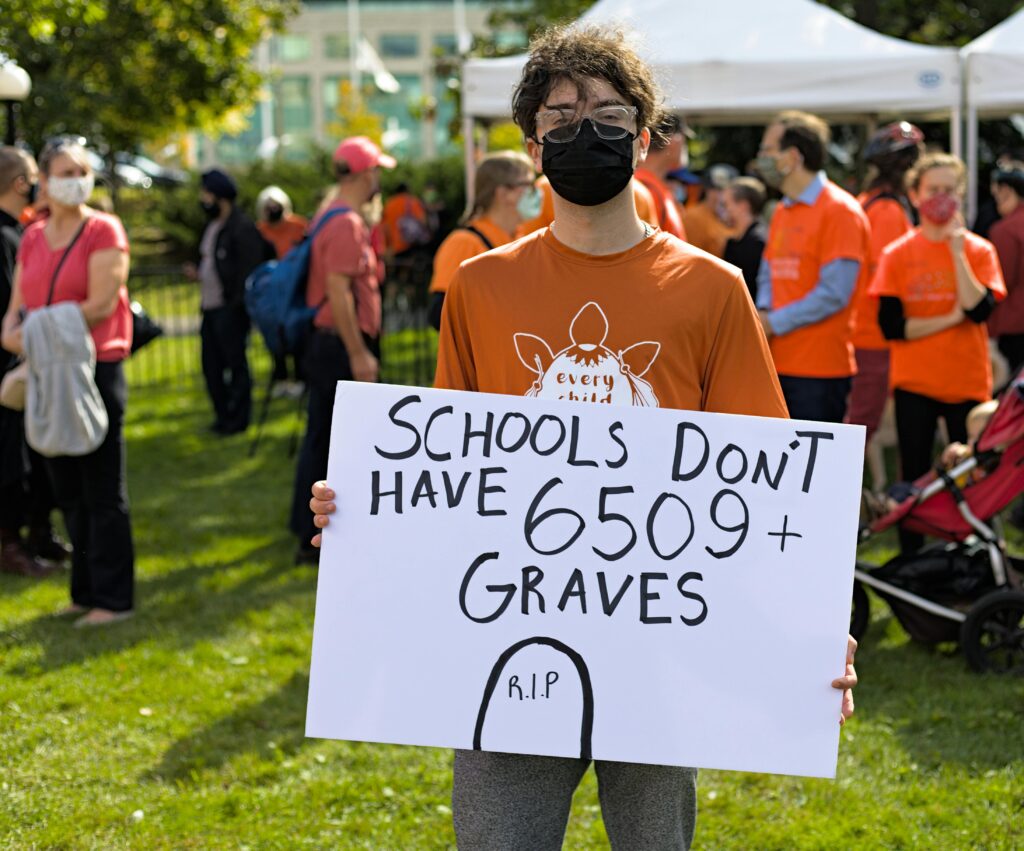
What is Social Justice?
Social Justice could be a concept established within the standards of reasonableness, balance, and inclusivity inside society. It includes the thought of guaranteeing that all people, in any case of their foundation or personality, have got to the same openings, assets, and rights. Social Justice looks to address systemic imbalances and unfair hones that obstruct and restrain people’s capacity to completely take an interest in society and accomplish their potential.
At its centre, Social Justice points to different shapes of separation based on variables such as race, ethnicity, sexual orientation, sexual introduction, financial status, inability, and other characteristics. It recognizes the verifiable and basic components that contribute to incongruities and works towards amending these shameful acts.
Accomplishing Social Justice includes destroying institutionalized barriers and promoting arrangements and hones that cultivate uniformity and consideration. It requires tending to issues such as unequal get to to instruction, healthcare, work openings, lodging, and legitimate securities. Social Justice advocates advocate for systemic changes to guarantee that everybody has a reasonable chance to succeed and live a stately life, notwithstanding of their foundation or circumstances.
In quintessence, Social Justice is approximately making a society where each person is treated with nobility and respect, where opportunities are open to all, and where everybody encompasses a voice and is esteemed similarly. It emphasizes the significance of recognizing and tending to systemic imbalances to construct a more fair and impartial world for show and future eras.
Key Standards of Social Justice
The key standards of Social Justice envelop crucial values and convictions that direct endeavours to form a reasonable and impartial society. Let’s dive more profound into each rule:
1. Value
Value within the setting of Social Justice alludes to guaranteeing decency and equity by recognizing and tending to verifiable and basic drawbacks that propagate imbalance. It includes effectively working to level the playing field so that everybody has access to the assets, openings, and bolster they need to flourish and accomplish their full potential. Value recognizes that distinctive people and communities may require diverse levels of bolster to overcome obstructions and accomplish equal outcomes. It includes redistributing assets and openings to accomplish reasonableness and equity, especially for marginalized and underserved populations.
2. Balance
Uniformity is the guideline that all people ought to have equal rights, and opportunities, and get to to resources regardless of their contrasts. It emphasizes advancing reasonableness and killing segregation based on characteristics such as race, ethnicity, sexual orientation, sexual introduction, inability, religion, or financial status. Uniformity guarantees that everybody is treated decently and has the same openings to succeed and take part completely in society. This rule recognizes the inherent dignity and worth of every person and points to forming a society where differing qualities are celebrated and everyone’s rights are respected similarly.
3. Human Rights
Social Justice is closely interlaced with human rights, which are widespread and basic rights that have a place for each person, in any case of nationality, ethnicity, religion, or financial status. Human rights envelop respectful, political, financial, social, and social rights that maintain human respect, equality, and justice. These rights incorporate the proper to life, freedom, and security, opportunity from separation and torment, get to to education and healthcare, and the correct to take an interest in cultural and political life. Social justice advocates promote and ensure human rights as an establishment for building a fair and impartial society where everyone’s principal rights are maintained and regarded.
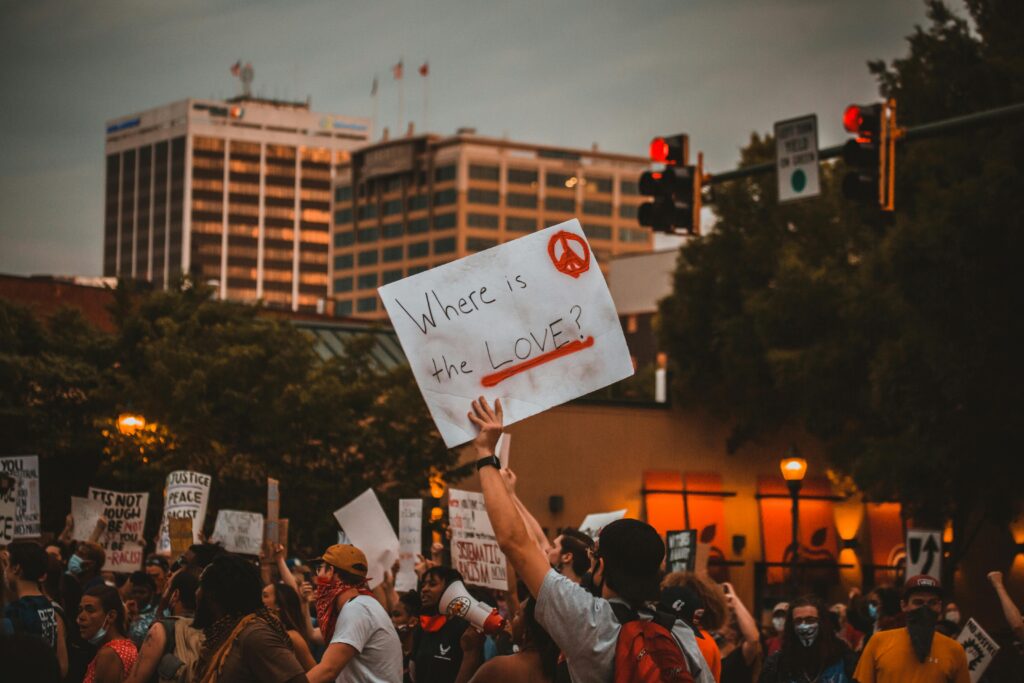
Challenges in Accomplishing Social Justice
The pursuit of social justice is often met with noteworthy challenges that hinder the advance towards making a reasonable and evenhanded society. These challenges are profoundly settled in societal structures, teachings, and demeanours. Let’s investigate a few of the key challenges confronted in accomplishing Social Justice:
1. Basic Imbalance
One of the foremost inescapable challenges in accomplishing Social Justice is the presence of deep-rooted auxiliary disparities based on race, sex, financial status, and other variables. Verifiable and systemic components have made obstructions that excessively impediment certain bunches in society. For case, aberrations in salary, instruction, business openings, and get to healthcare endure due to auxiliary disparities implanted inside education and approaches. Tending to auxiliary imbalance requires systemic changes that destroy unfair hones and promote inclusive policies.
2. Discriminatory Hones
Separation and inclination in education and frameworks pose noteworthy impediments to Social Justice. Individuals and communities confront separation based on race, ethnicity, sexual orientation, sexual introduction, incapacity, religion, and other characteristics. Biased hones in employment, housing, education, healthcare, and criminal equity restrain get to basic administrations and openings. Systemic segregation propagates imbalances and undermines endeavours to attain Social Justice. Tending to unfair hones requires proactive measures to advance differences, equity, and inclusion across all divisions of society.
3. Need for Mindfulness and Understanding
Numerous people and communities may need mindfulness or understanding of Social Justice standards and their significance. This need for mindfulness can contribute to complacency or resistance towards endeavours to address the imbalance and promote justice. Instruction and advocacy are fundamental to raising mindfulness approximately systemic issues and cultivating a collective understanding of the significance of Social Justice in creating a more fair and comprehensive society. Building sympathy and solidarity among assorted communities is vital for progressing Social Justice activities and advancing positive social alter.
Overcoming Challenges and Advancing Social Justice Tending to these challenges requires collective action and supported endeavours over various sectors:
– Approach Change:
Actualizing approaches that advance value, differences, and incorporation in all perspectives of society, counting instruction, healthcare, business, and criminal equity.
– Community Engagement:
Cultivating community participation and collaboration to address neighbourhood challenges and advance grassroots activities for social alter.
– Instruction and Backing:
Contributing to instruction and mindfulness campaigns to advance understanding of social justice issues and engage people to advocate for change.
– Advancing Intersectionality:
Recognizing the interconnected nature of social characters and tending to cover shapes of segregation based on different personalities.
By tending to basic disparities, combating unfair hones, and advancing mindfulness and understanding, societies can make critical strides towards accomplishing Social Justice and building a more equitable and comprehensive world for all people. It requires a collective commitment to maintaining the standards of value, uniformity, and human rights in all angles of open life.
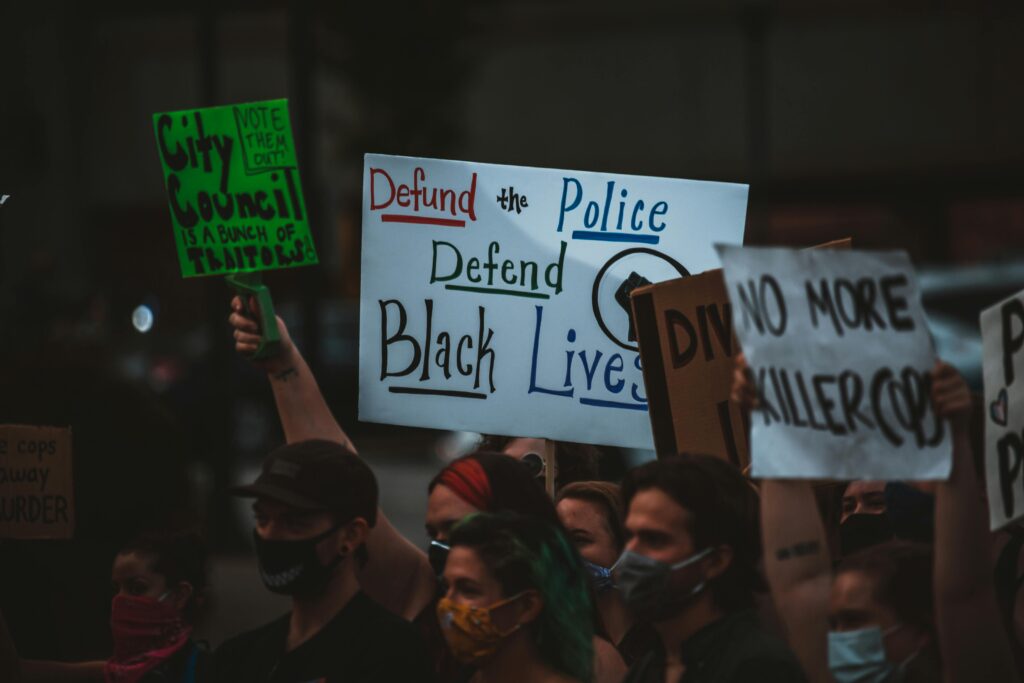
Part of Backing and Activism
Promotion and activism are fundamental components of progressing Social Justice and driving meaningful alter in society. They involve proactive efforts to raise mindfulness, impact approaches, and enable communities to address systemic disparities and advance equitable outcomes. Let’s investigate the key parts of backing and activism in advancing Social Justice:
1. Raising Awareness
Advocacy endeavours play a significant part in raising mindfulness around Social Justice issues and producing open back for tending to systemic inequalities. Advocates utilize different stages and communication channels, including media campaigns, instructive programs, and community occasions, to highlight injustices and promote understanding of their effect on people and communities. By expanding mindfulness, promotion endeavours mobilize open engagement and solidarity towards accomplishing Social Justice objectives.
2. Arrangement Promotion
Advocates work to impact laws, arrangements, and organization practices to advance value, ensure human rights, and address systemic injustices. Policy promotion includes engaging with policymakers, lawmakers, and government organizations to advocate for administrative changes, budget assignments, and arrangement changes that prioritize Social Justice initiatives. Advocates collaborate with partners, conduct investigations, and show evidence-based contentions to educate approach choices and drive systemic changes that progress Social Justice.
3. Community Engagement
Activism includes grassroots endeavours that enable communities to organize, advocate for their rights, and foster collective action towards social alter. Activists mobilize community individuals to take part in dissents, energizes, walks, and advocacy campaigns to request responsibility, challenge unfair hones, and advance comprehensive approaches. Community engagement builds solidarity, strengthens social systems, and amplifies voices that may something else be marginalized or hushed. By enabling communities to advocate for themselves, activism cultivates office and strength in addressing Social Justice issues.
Significance of Backing and Activism in Social Justice
Driving Alter:
Advocacy and activism are catalysts for driving systemic changes that address imbalances and advance evenhanded results.
Building Coalitions:
Promotion and activism bring together differing partners, counting people, organizations, and communities, to collaborate towards common Social Justice objectives.
Fostering Empowerment:
By engaging people and communities to advocate for their rights, backing and activism advance self-determination and collective organization intending to social treacheries.

Cases of Social Justice Activities Several initiatives and developments have risen to address Social Justice issues:
– Racial Equity Developments:
Developments like Dark Lives Matter advocate for finishing systemic bigotry and advancing racial equity and justice.
– Gender Equality Campaigns:
Endeavours to attain sex uniformity centre killing discrimination, promoting women’s rights and challenging sexual orientation standards.
– Natural Equity:
Environmental justice advocates address natural racism and advocate for impartial get to an discuss, water, and characteristic assets.
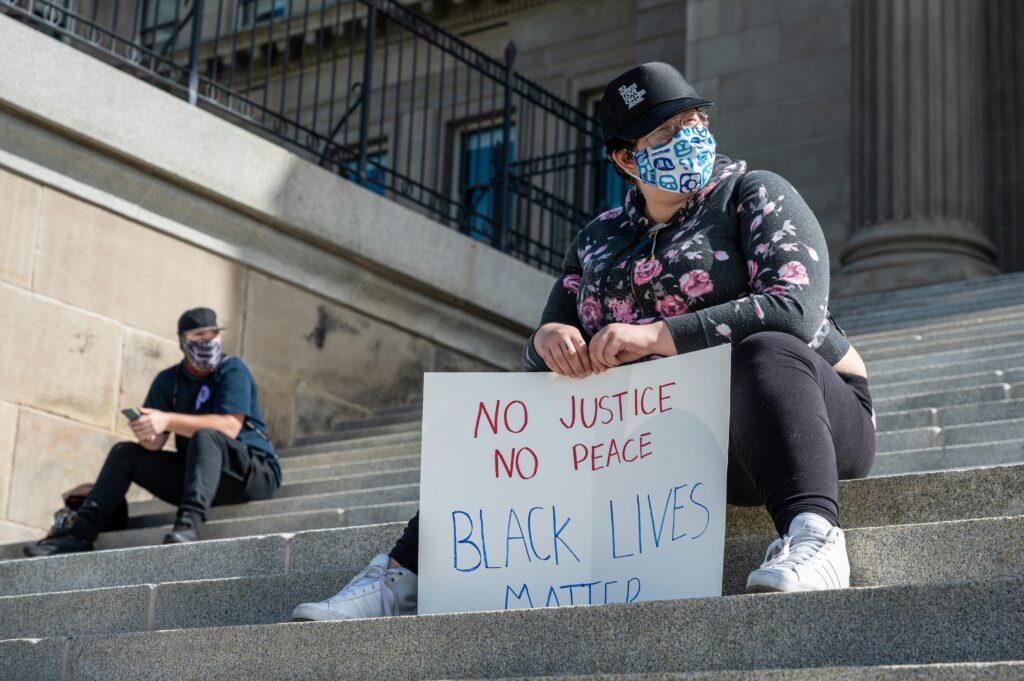
Conclusion
In conclusion, social justice may be a crucial concept that aims to make a more impartial and comprehensive society where all people can flourish and reach their full potential. By maintaining standards of value, uniformity, and human rights, social justice advocates work to disassemble systemic boundaries and advance positive alter. Through advocacy, activism, and community engagement, able to collectively develop Social Justice and construct a more pleasant and fairer world for future eras.
